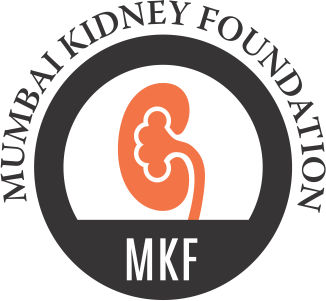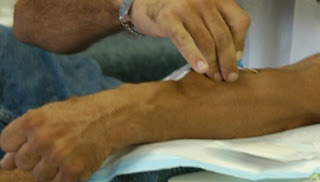Tips for managing fluid and salt intake
Tips for managing fluid and salt intake
Fluid management:
As kidneys are the ones who regulate the fluid status of the body, when under compromised state due to several conditions; they fail to do so. This leads to fluid accumulation in the body which manifests as symptoms like swelling on the feet, breathlessness, elevated BP, etc.
Hence, patients with advanced kidney disease and/ or the ones on dialysis are advised to lower their fluid intake. If the above symptoms persist, it is recommended that strict fluid input- output be maintained. In such cases the fluid allowance should be determined by measuring previous days urine output and adding 500 ml to it (this 500 ml extra is for insensible fluid losses that may occur through skin or respiration). To get answers to some frequently asked questions about kidney diet, click here
Herewith are a few practical tips to lower fluid intake for patients with advanced kidney disease and/ or on dialysis:
- Do not forget to include all liquids such as milk, tea, dals, etc. into fluids. Fluid does not refer to ONLY WATER
- Consult your Nephrologist about the total amount of fluids that can be consumed in a day and store that amount in a measured bottle
- Avoid drinking water from sources other than the measured bottle as it may increase fluid intake
- Avoid fluids such as soups, sherbats, cold drinks, canned beverages, fruit juices, coconut water, etc
- You may prefer sucking ice cubes (limit to 4-6 cubes a day) to overcome mouth dryness and excessive thirst
- Alternatively, you may simply rinse mouth with water at regular intervals as this method too can moisten the mouth
- Chewing gums (sugar-free if you are a diabetic) can help to control thirst; else you may prefer thirst quenching lozenges
- Avoid spicy, salty and fried food items as they attract water
- Avoid exercising in too hot weather
To know some Do’s and donts about dialysis diet, click here
Salt management:
Kidneys help in balancing electrolytes such as sodium and potassium. When they are unable to do so, the levels of these electrolytes may get disturbed in the blood. Excessive salt intake is associated with serious outcomes like elevated blood pressure/ stroke/ heart failure, etc. Hence, dietary sodium restriction is essential and herewith are few practical approaches to reduce daily salt intake:
- Avoid adding salt to the food while cooking. Portion out your food first and then add salt from the prescribed amount suggested by your doctor
- Avoid adding salt to food ingredients that can be eaten in saltless form like chapatis, rice, salad, curds, etc
- In foods that require salt like vegetables, dals, gravies, etc add minimal salt and adjust taste with ingredients like lemon juice, vinegar, amchur, salt free tamarind pulp, raw mango pulp, green chillies, mixed herbs, oregano, olives, etc
- Avoid papads, pickles, jam, jellies, sauces, etc
- Avoid items containing excessive salt like salted nuts, biscuits, dry fruits, chips, etc
- Avoid food items containing baking soda/ baking powder like cakes, pastries, pasta, pizzas, donuts, etc
- Avoid the use of salted butter, instead prefer homemade butter (makhan)
- AVOID SALT SUBSTITUTES as they contain high amount of potassium. Prefer salts containing iodized sodium chloride only.
By-
Dr Rachana Jasani,
Renal Nutritionist,
PhD, RD






